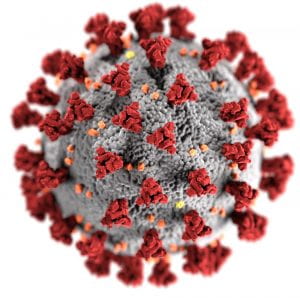Finding A Sense of Purpose
When Vincent entered the priesthood, he hoped to provide for his family and retire early. He was on track to follow this plan and at age 29 wrote a letter to his mother letting her know he would be back soon to take care of the family. Little did he know that he would completely reform the structure of charity and dedicate his life to those who were poor. Similarly, Louise did not plan to be a wife and a mother, nor to pave a new way for women by co-founding the Daughters of Charity. Rather, she hoped to become a Dominican sister but was rejected from the order when the superior general told her, “God has other plans for you.”
As Vincentians, we know that our willingness to learn and remain open to growth allows us to become our fullest, most authentic selves. We believe that our paths in life are not static, but rather driven by a sense of purpose. DePaul’s commitment to workplace learning stems from the Vincentian value that employees are more than a job description; they are people who bring their full humanity into work each day. This intention and care of the whole person is deeply rooted in our Catholic, Vincentian tradition. Students, faculty and staff at DePaul are continually invited to reflect on finding a sense of purpose and discovering how to share their gifts to respond to the ever-changing needs.
By offering professional development opportunities, management training, and employee support, Workplace Learning and Performance helps each employee at DePaul find what motivates and energizes their work at the university. When staff and faculty develop their skills, they offer the best possible education to students. When students are encouraged to explore their purpose throughout their time at DePaul, they enter the working world equipped to make positive change.
For resources to foster more intentional purpose exploration and vocational discernment among students, staff and faculty at DePaul check out the Explore Your Purpose initiative on DePaul’s Teaching Commons.






